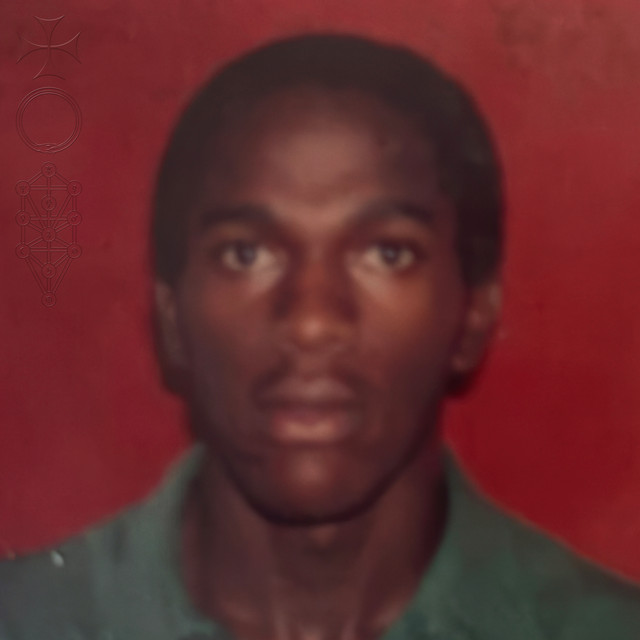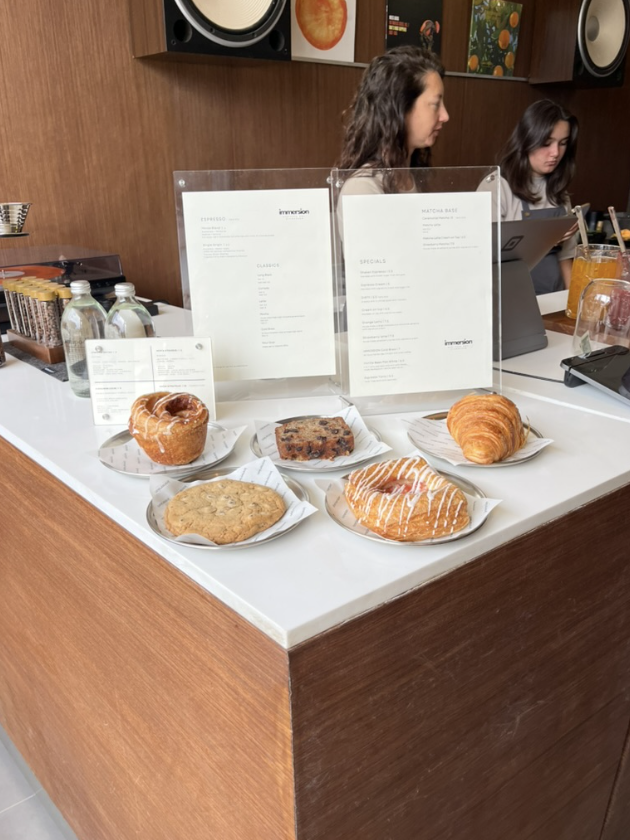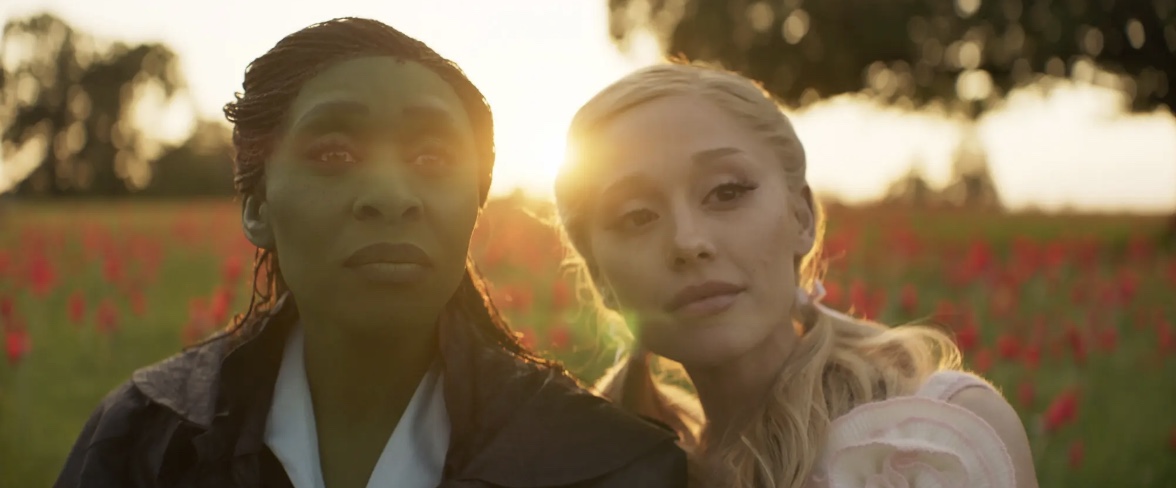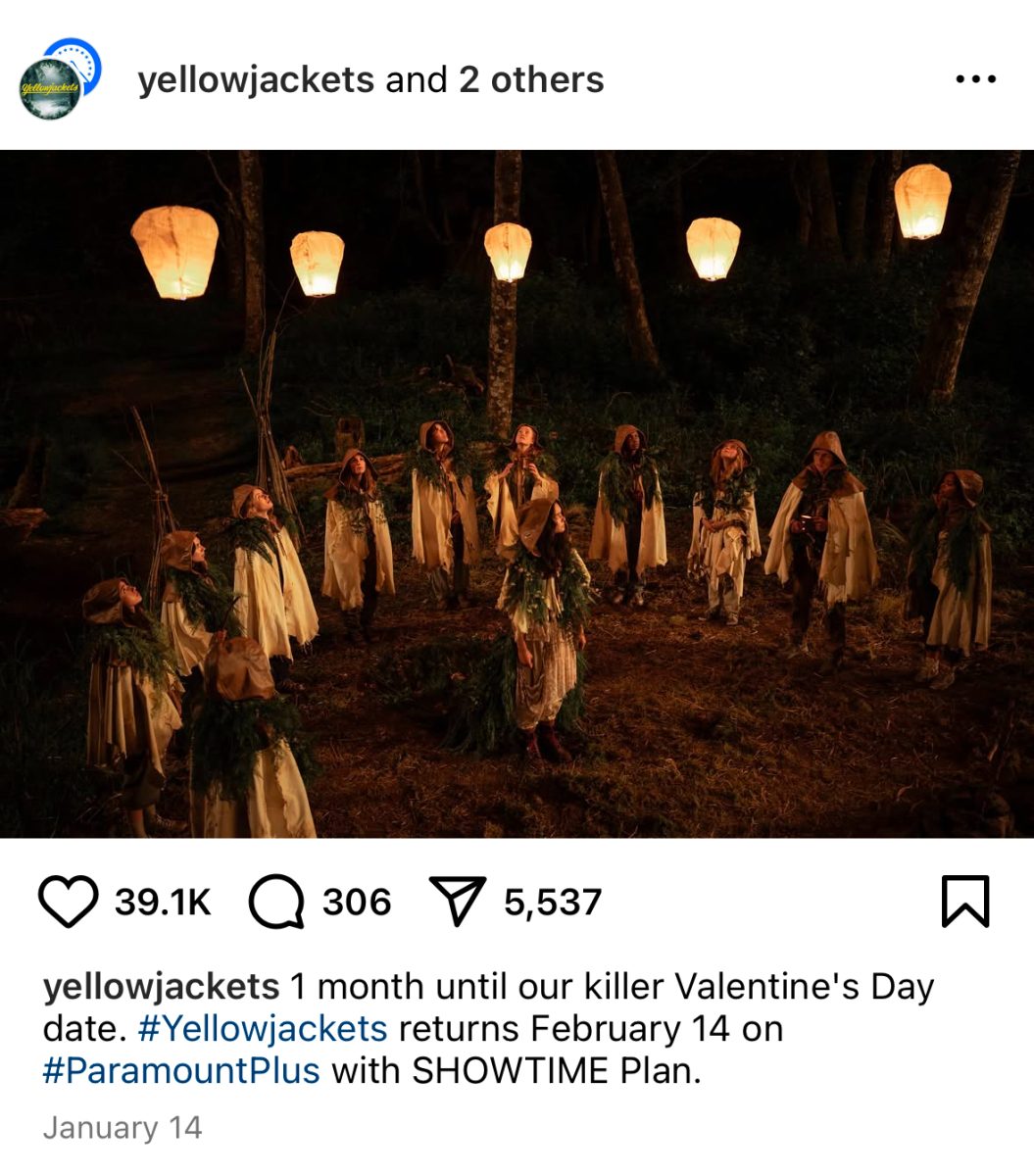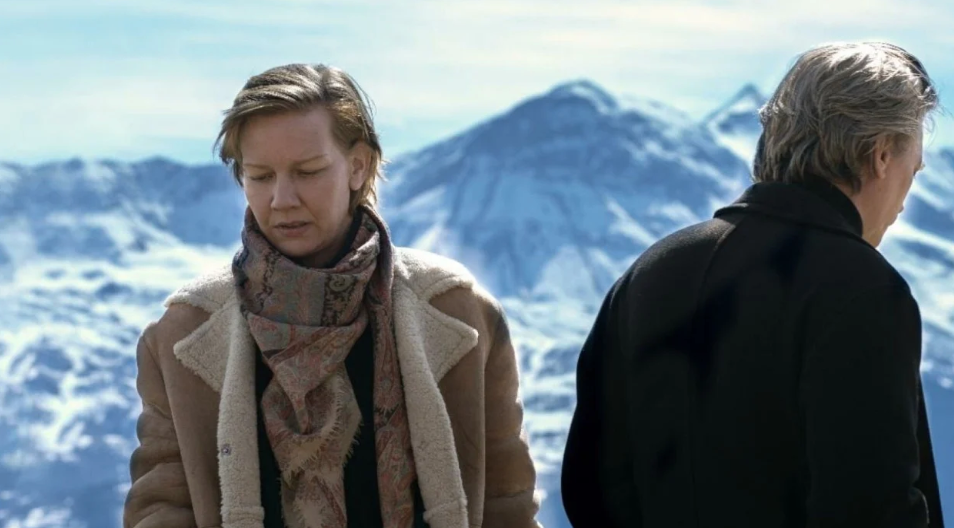An outraged scream at the sky. A desperate, blistered grasp at a gold-plated invisible rope. Anger sewn into the skin of past memories, seeping into the fabric of current misery. Battered steps forward with trembling hands. The beginning of understanding, the subtle smiling, the relief-filled breaths.
Until, at last, the pain fades into distant memories. And you are free of it.
On April 19th, singer-songwriter Taylor Swift released her much-anticipated eleventh studio album. Excited fans stepped into the world of The Tortured Poets Department, a record that weaves together the events and aftermath of one of Swift’s breakups. This album manages to keep the strong lyrics of her story-telling records, folklore and evermore, without losing the personal touch so characteristic of earlier albums like Red and Speak Now. And yet, within the compelling, raw writing, it is hard to differentiate many of the songs, making many tracks lose their individuality.
Despite its weaker points, The Tortured Poets Department takes you on an odyssey through every frenzied emotion Swift felt, until finally, after 31 songs, all that is left of her pain is the record itself: the tortured poetry. “Once we have spoken our saddest story, we can be free of it,”Swift explained on Instagram
Both sonically and lyrically, the first half of this journey focuses on themes of escape and denial. The music itself, reminiscent of her last album Midnights, is mainly synth pop. It’s full of catchy beats with funky intros and reverbs. It’s light, dreamy, and highly produced, almost as if to convey that whatever Swift says is pretty, but not quite grounded in reality — a coping mechanism for the true loss itself. Ecstasy masked as joy, obsession masked as love.
She explores this ecstasy most notably in “Fresh Out the Slammer,” “I Can Fix Him (No Really I Can),” and “My Boy Only Breaks His Favorite Toys.” In the latter, Swift convinces herself a current relationship is what she truly desires. “And I’ll tell you that he runs / Because he loves me,” she sings, insisting: “My boy only breaks his favorite toys.” This track’s catchy lyrics and electropop production feel like dancing at a late-night party, a euphoric sensation pulsing through your veins as music blares from speakers in the darkness. You’re happy, and everything around you feels muffled and far away. But by the end of the song, reality comes crashing for Swift, like the party ending. “Stole my tortured heart / Left all these broken parts / Told me I’m better off / But I’m not.”
Despite the catchiness of this synth pop production, it causes many tracks to blend together. Jack Antonoff, Swift’s longtime producer, produced 16 tracks, which resulted in many songs feeling exactly the same, just with different lyrics. I found it took me longer than normal to recognize songs.
This weakness, however, does not taint all songs in The Tortured Poets Department. One of the record’ strongest tracks —“Florida!!!” featuring Florence + The Machine, explores the escape theme, but with a more unique production. This is thanks to the intriguing sound of Florence Welch: an avant-garde mix of rock, folk, and pop accompanied by a powerful, fantastical voice. When you listen to this song, you feel like you’re running away from a quiet, subdued party into the forest at midnight. “The hurricane with my name when it came / I got drunk and I dared it to wash me away,” Welch sings. “Barricaded in the bathroom with a bottle of wine / Well, me and my ghosts, wе had a hell of a time.” With its dramatic beat drops, its orchestral, majestic sound, and its heavenly harmonies, this song is a stand out among the synth pop songs surrounding it.
Of course, Swift’s fractured dreamland is not the only place explored in the record’s first half, and the angrier and sadder songs are memorable. “loml” is a somber, stripped-back track that details the end of a relationship. “So Long London,” sits in the famous track five spot, saved for the most emotionally vulnerable song of each album — and it isn’t hard to see why. The anxiety-inducing, quick beats along with the guttingly honest lyrics make Swift seem weary and exhausted, overwhelmed by a quiet, fatigued anger. “Just how low did you think I’d go / ‘fore I’d self-implode?,” Swift laments. “I died on the altar waitin’ for the proof / You sacrificed us to the gods of your bluest days / And I’m just getting color back into my face.” She is a tired, bitter soldier limping away after a long, painful, losing battle.
Whatever the track, what makes this album engaging is its honesty. It’s not story-telling or fantasizing or inventing. Even when songs blend together, you’re pulled back in by Swift laying out her unfiltered emotions. And luckily, track 16, “Clara Bow,” ends on a more positive emotional note. “The future’s bright, dazzling,” she tells us. A satisfying final lyric to a satisfying record — or so we thought.
At 2:00 A.M. EST, two hours after The Tortured Poets Department came out, Swift had a surprise in store. “I’d written so much tortured poetry in the past 2 years and wanted to share it all with you,” Swift said on Instagram. “So here’s the second installment of TTPD: The Anthology. 15 extra songs.”
Where the first 16 tracks of the album are more like Midnights, the second half is undoubtedly reminiscent of Swift’s pandemic records: folklore and evermore. Picture her, forlorn and contemplative, sitting curled up in her bed, writing sad lyrics in a diary as rain pours in the background. The lyrics are blanketing her in melancholy, in a sanctuary.
Sometimes, the alluring lyrics can feel more poetic than musical, however. Without the standard verse, chorus, or bridge structure, it is easy to get lost in a flurry of complex lyrics that lack something solid to grasp onto. But still, the emotion pulls you back in.
The very first track of the record’s second section, “The Black Dog,” immediately sets the tone for the songs that follow. The synth is gone, the heavy production is nowhere to be found, and in its place, an even more intense atmosphere lives. As “The Black Dog,” builds up from a soft piano into a powerful scream three separate times. You can imagine the pen grasped tightly in Swift’s hand, desperately scribbling as fiery emotion surges through her until she cannot control it, so she throws her page to the floor, looks up at her ceiling and lets out a yell: “Old habits die screaming!”
Tracks like “The Prophecy,” with a light guitar pluck and soft refrain, leave even more space for Swift’s yearning and desperation. “Please, I’ve been on my knees / Change the prophecy / Don’t want money / Just someone who wants my company,” she mourns. She tells you her worst fears of a life lived alone: “No sign of soulmates / I’m just a paperweight in shades of greige.” The song feels like a trip back to the woodsy forest of folklore, wandering lost through a bed of wildflowers in the dark — reflective, tragic mourning with whimsical lyrics.
The vivid lyrics are visible in almost every song of this section. “The goddess of timing once found us beguiling / She said she was trying / Peter, was she lying?” she asks in “Peter,” a song about losing touch with a childhood friend. “He was a hot house flower to my outdoorsmen / Our maladies were such we could not cure them / And so a touch that was my birthright became foreign,” she laments in “How Did It End?” And yet, though these lyrics work incredibly in some songs, in others, they feel likd being thrown a pile of complex entangled words without the catchy hooks that differentiate them from poems or diaries.
But despite the entanglement of some lyrics, the second half of the record is strong. It’s more thoughtful, more intense, and more introspective than the first 15 songs. It also compliments the first pop-heavy songs.
By the end of the record, you’re completely entranced within the world of Swift, from the lighthearted bops to the mournful self-reflective tracks. The best part about this 31 song anthology is that you can’t take it all in the first time. There is always more to discover, more to notice — it is a never-ending adventure.




